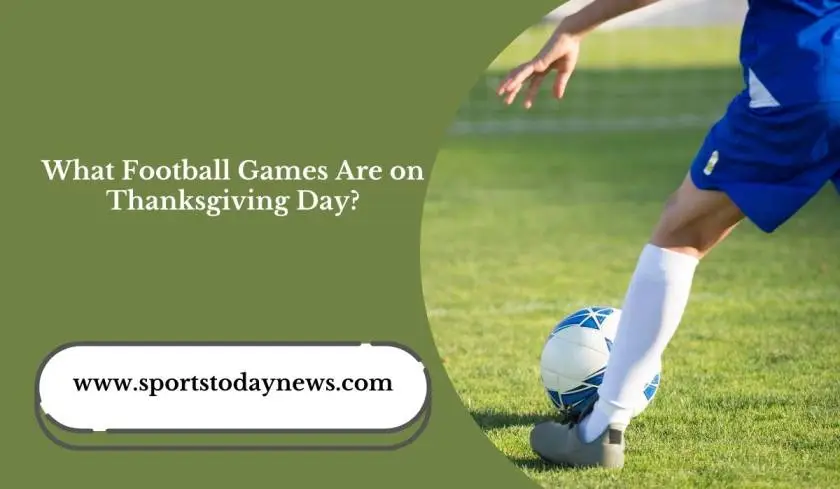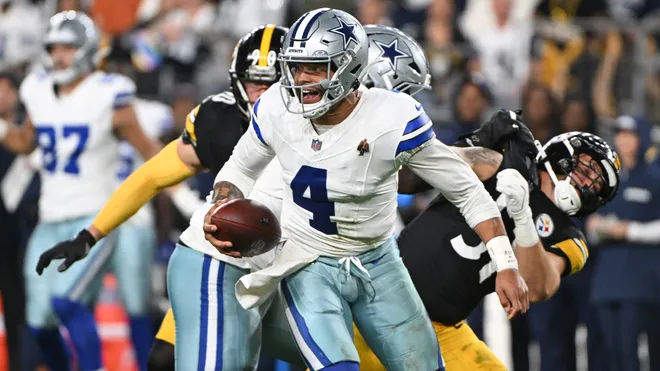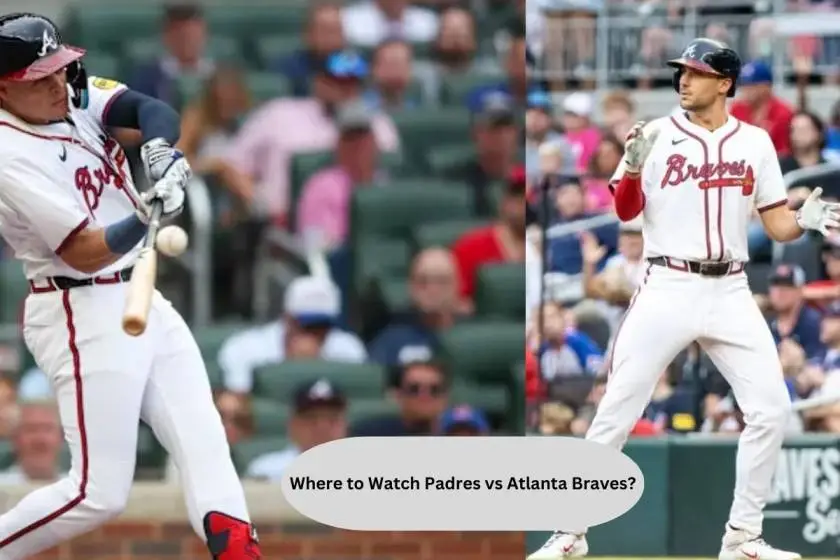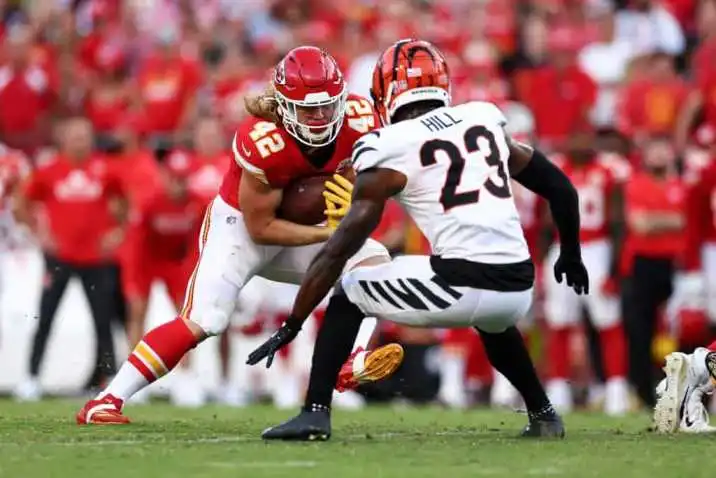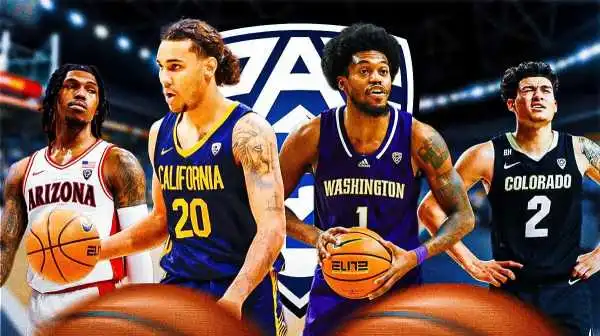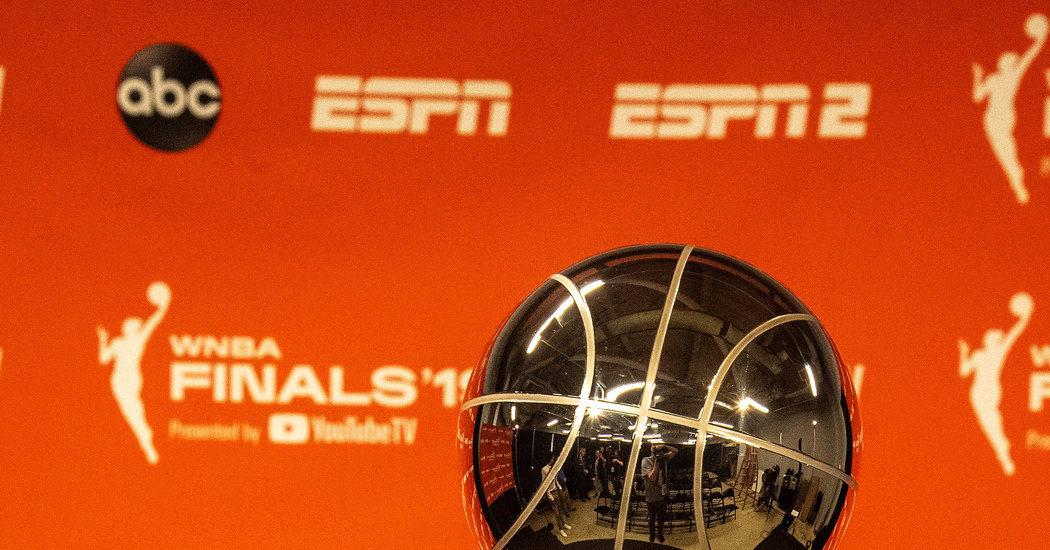
W.N.B.A. Union Mulling Plans to Start Season as Early as July
The union representing the players of the W.N.B.A. is mulling over proposals to start its coronavirus-delayed 2020 season, with the league hoping to begin play as early as next month.
The season was postponed because of the pandemic in early April, before training camps even opened. The league has been formulating plans for an abbreviated, season, much as other professional leagues are doing, and the union is going over the details of plans with its rank and file.
“I have been on the phone with players all day today, and more to come tomorrow and through the weekend to gather player feedback,” Terri Jackson, the executive director of the union, said in an email. “No decisions have been made. Players are considering their options — all their options.”
The league is considering playing its season at one location, similar to the N.B.A.’s plan to resume its 2019-20 season at the Walt Disney World Resort near Orlando, Fla. ESPN reported on Thursday that the W.N.B.A. wants to play at the I.M.G. Academy in Bradenton, Fla., though the MGM Resorts in Las Vegas is also an option.
ESPN reported that the league was proposing a 22-game schedule beginning July 24, with playoffs that would end in October. Since 2003, W.N.B.A. teams have played 34 games, but they were set to add two more to the schedule this year.
There are many issues to be resolved, including how to keep players and staff members safe amid the pandemic. As of Friday, Florida had reported at least 1,000 new coronavirus cases in each of the last three days. There is also the issue of compensation to players, who are currently being paid, the league said, and logistics of travel, housing and testing for the virus.
The union stressed that nothing was set. A spokesman for the league would not comment on the discussions.
The 12-team W.N.B.A. was scheduled to begin its 24th season on May 15, with the Washington Mystics looking to defend their title. The league held its draft on April 17, and the Liberty selected Sabrina Ionescu, the former University of Oregon star, with the first overall pick.
N.B.A. team owners voted overwhelmingly on Thursday to resume their season in Florida, with 22 teams. Last week the N.H.L. announced plans to resume its season in two hub cities that have yet to be determined. M.L.S. and the N.W.S.L. have also said they plan to resume play in the summer.
Major League Baseball and its players union are mired in negotiations over player compensation and a format for a potential season.

